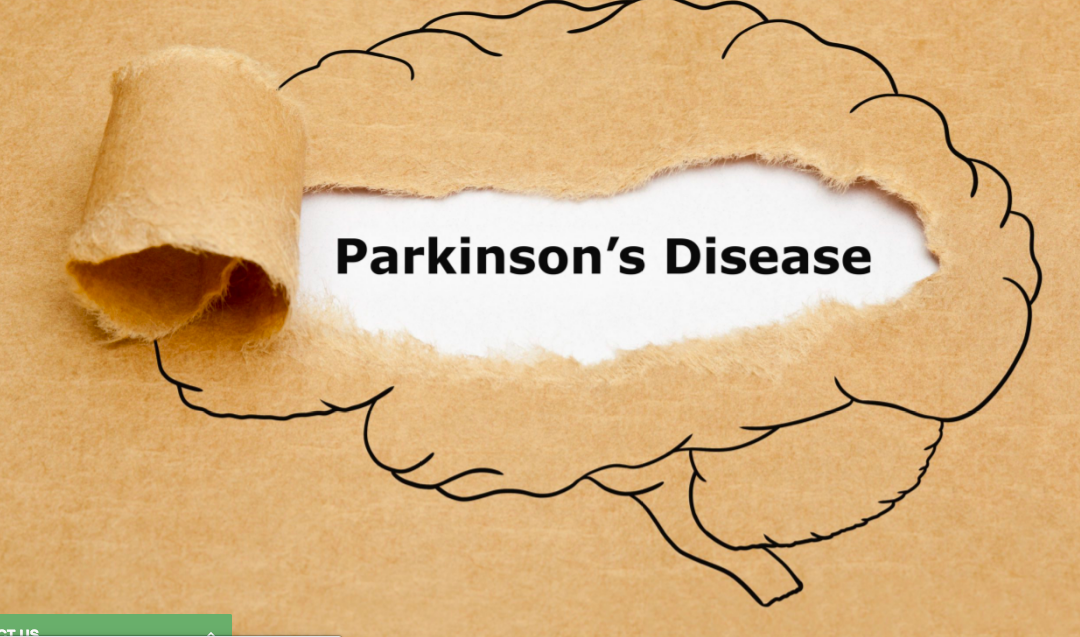Is it possible to have too low a level of cholesterol? A new study shows that low cholesterol may increase the risk for Parkinson’s disease. Previous studies have revealed that low cholesterol adversely affects mental function, resulting in an increased risk of suicide, stroke, depression, and violence. Now Parkinson’s disease can be added to the list.
The link between low cholesterol and mental function isn’t so far-fetched. Our brains are made largely of cholesterol. Contrary to popular belief, cholesterol is not a deadly poison. In addition to forming brain and nerve tissue, cholesterol is also utilized by the body to make hormones such as estrogen, progesterone, and testosterone, as well as vitamin D. Cholesterol is needed in cell membranes to stabilize them so that they function properly. In essence, cholesterol is vital to every cell and every organ in your body. A deficiency in cholesterol can lead to health problems.
Our bodies need a certain amount of cholesterol to function properly. The amount each person requires appears to vary depending on heredity and perhaps even lifestyle and environment. For some people a total cholesterol level of 200 mg/dl is healthy, for another this figure may be low or high. There are people who have cholesterol levels twice this high who live long lives free of heart disease. If the body is deprived of needed cholesterol from the use of drugs or by the diet, hormone balance as well as mental balance can be upset.
Dr. Xuemei Huang and colleagues from the University of North Carolina at Chapel Hill measured the lipid levels of 124 Parkinson’s patients and a group of 112 similar people free of Parkinson’s disease. Huang reported that, after adjusting for age, smoking, and use of lipid-lowering agents, men with low total and low LDL (bad) cholesterol levels had an increased risk of Parkinson’s.
For example, compared to men with LDL cholesterol levels higher than 135, those with levels between 91 and 135 were 6 times more likely to have Parkinson’s. The association was stronger among men than it was with women.
Huang proposes several possible mechanisms to explain the link between low cholesterol and risk of Parkinson’s disease. One is that cholesterol helps rid the body of environmental toxins that might trigger Parkinson’s.
“Another possible mechanism underlying our finding,” says Huang “is the role of cholesterol as a precursor for hormones/chemical modulators that are involved in central nervous system function in a variety of ways.”
According to Huang and other researchers, LDL cholesterol levels below 135 significantly increase risk for Parkinson’s disease and many other neurological disorders. Yet, the American Heart Association and their friends in the pharmaceutical industry tell us that LDL cholesterol should be below 130 and ideally below 100. LDL cholesterol levels above 130, they tell us, indicate an increased risk of heart disease. If this is true, then a person may extend his/her life a few years by not having a heart attack, but these will be years suffering from neurological disorders. What has been gained? Why live a few extra years if you’re going to be sick during this time?
Take heart, the cholesterol recommendations for heart disease risk are guesses, not absolute indicators. What is considered high or low cholesterol is somewhat arbitrary. The pharmaceutical industry would like the definition of high cholesterol to be as low as possible, and have been campaigning to have it lowered. That way, more people fit into the high-risk category and doctors will prescribe more cholesterol-lowering drugs. The bottom line is bigger profits for the drug companies.
Please keep in mind that high blood cholesterol doesn’t cause heart disease. Blood cholesterol level is only a risk factor. In other words, a person’s risk or chances of suffering from heart disease is increased by elevated cholesterol. If cholesterol actually caused heart disease then everyone who dies from coronary heart disease must have high cholesterol, but that is not the case. In fact, almost half of all those who die of heart attacks have normal to below normal cholesterol levels. Cholesterol level is only one of many risk factors. Age, gender, smoking, and diabetes are a few of the other risk factors. Cholesterol is the risk factor we hear most about because it is the easiest (and most profitable) one to alter using drug therapy. Therefore, pharmaceutical companies market the need for cholesterol-lowering very aggressively.
With drug companies stressing the need to lower cholesterol (using cholesterol-lowering drugs), we have the mistaken belief that cholesterol is evil and we need to lower it as much as possible. We have come to believe that the lower our cholesterol is, the healthier we are. This is not true. Low cholesterol is dangerous. But you won’t see drug companies or doctors advising people to not lower their cholesterol. Why? Because they can’t make money that way. They don’t sell cholesterol-raising drugs. So don’t expect to hear too much about the dangers of low cholesterol from your doctor or the media any time soon.
Hippocrates Organic Coconut Oil is available.





